It has become a weary cliché to say that a book’s publication is eagerly awaited, but when an event is this momentous — the October arrival, thanks to the good offices of Random House, of the long anticipated autobiography of a football legend, perhaps the football legend, Roy Race, or Roy of the Rovers, as he was known wherever football fans gathered — then only cliché will do.
It was an illustrious career with Melchester Rovers of the First Division: countless League titles, eight FA Cups, three European Cups, a Uefa Cup, and many Cup Winners’ Cups. He made several international appearances, but never when it mattered. Roy put this down to a number of niggling injuries at crucial times, especially in 1966, though he was never bitter about it.
He also survived innumerable kidnappings on summer tours, a wholesale massacre of his teammates during a visit to the Middle East country of Basran, a shooting, divorce, and the terrible helicopter crash in 1993 when Race lost his feared left foot. No one could not want to read how Roy coped with those kidnappings. Melchester usually played most of their pre-season training matches on cleared patches of jungle surrounded by heavily armed gunmen. Roy could see the positive in everything, however: I suspect his verdict will be that you learn something about yourself, something different every time.
Those looking for scandal will, I fear, be disappointed. The only woman Roy ever loved — indeed, the only woman he ever knew — was Penny Laine, the club secretary at Melchester Rovers. They married and had three children, only one of whom is a lesbian working in a car respraying workshop near Brighton.
What we all hope for from his book is the secret of his amazing stamina: 38 years at the top level is some playing career, especially as he never looked any older. And do you ever get bored of winning stuff? The first FA Cup was obviously brilliant, and the second, probably the third, too … but No. 7, No. 8? Roy, being a man of unquenchable optimism, will probably say the excitement and sense of achievement never diminishes.
My only regret is that Roy has given the ghost-writing duties to Bob Dickens, an almost entirely untrustworthy reporter on the Melchester Evening Chronicle. Those of us who have knocked around in journalism for a bit will know Dickens as a thoroughly disreputable and drunken figure whom you wouldn’t trust with the price of a pint. If ever anyone deserved to figure large in the recent tomes about the shocking state of British journalism, it is Dickens. At the very least he should be the subject of a strongly worded lecture by Joan ‘Hacked Off’ Smith.
And if the book goes well, let’s hope publishers will have the guts to look favourably at memoirs from ‘Hot Shot’ Hamish Balfour and Kevin ‘Mighty’ Mouse. They played together under Scottish managerial guru Ian McWhacker for Princes Park in Glasgow, winning the Cup in the late 1980s and triumphing in Europe the next year with a historic victory over German titans Bumchen Munchen.
Mouse, famously, was very short, overweight, and so short-sighted he had to play in thick spectacles. He was nonetheless extraordinarily successful: think Maradona with specs and without the cocaine. Balfour was a gentle red-headed giant from the Hebrides: he measured 6ft 10in, with enormous feet and could hit the ball like a rocket. As you might expect, he frequently burst the back of the net, once smashing into the floodlights, which crashed on to the pitch. Mercifully, no one was killed. Who wouldn’t be rushing out to buy their books?
Got something to add? Join the discussion and comment below.
Get 10 issues for just $10
Subscribe to The Spectator Australia today for the next 10 magazine issues, plus full online access, for just $10.


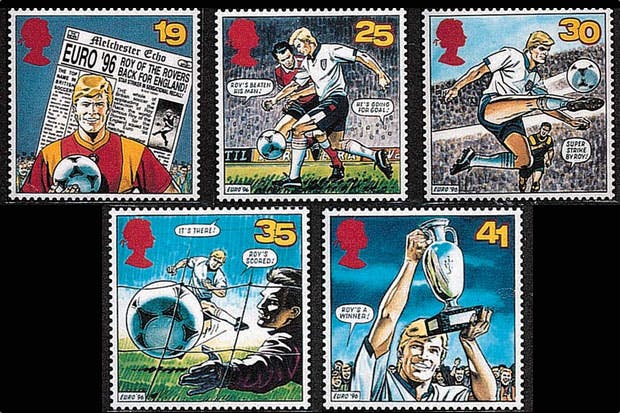
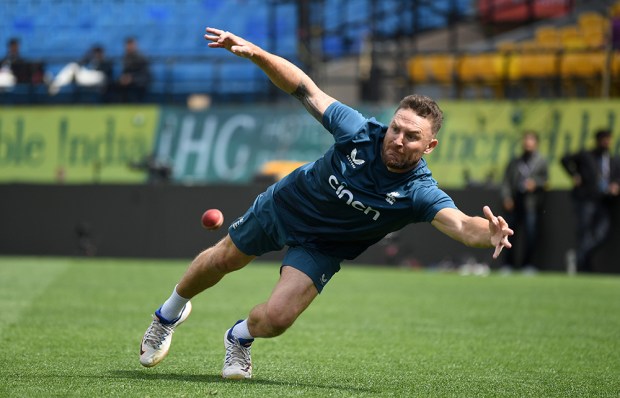
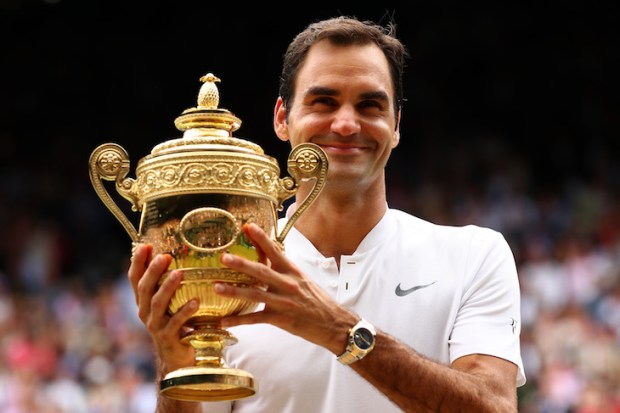
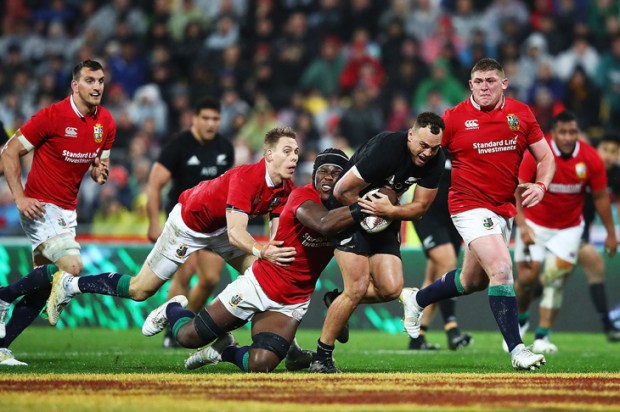
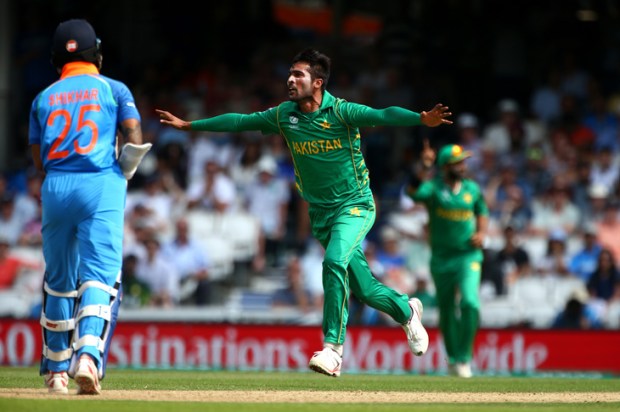
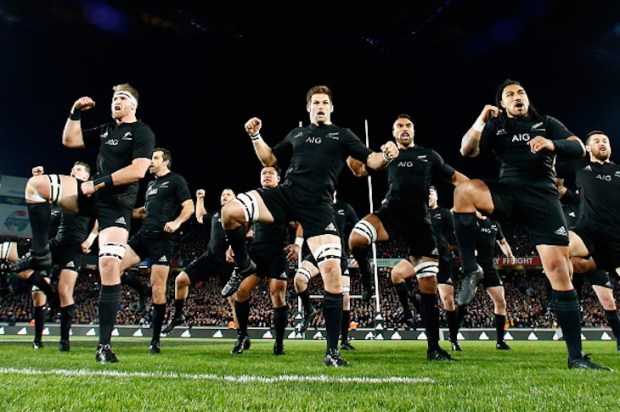
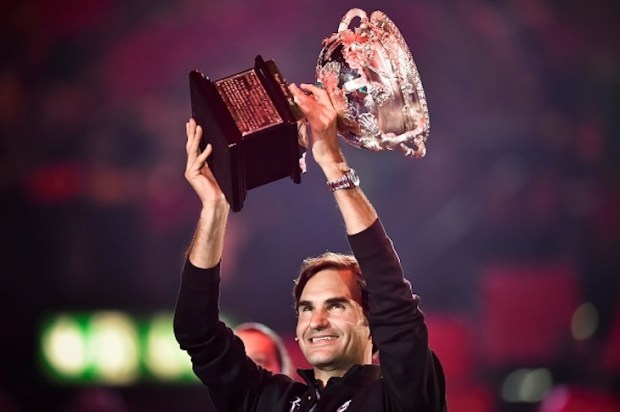






Comments
Don't miss out
Join the conversation with other Spectator Australia readers. Subscribe to leave a comment.
SUBSCRIBEAlready a subscriber? Log in